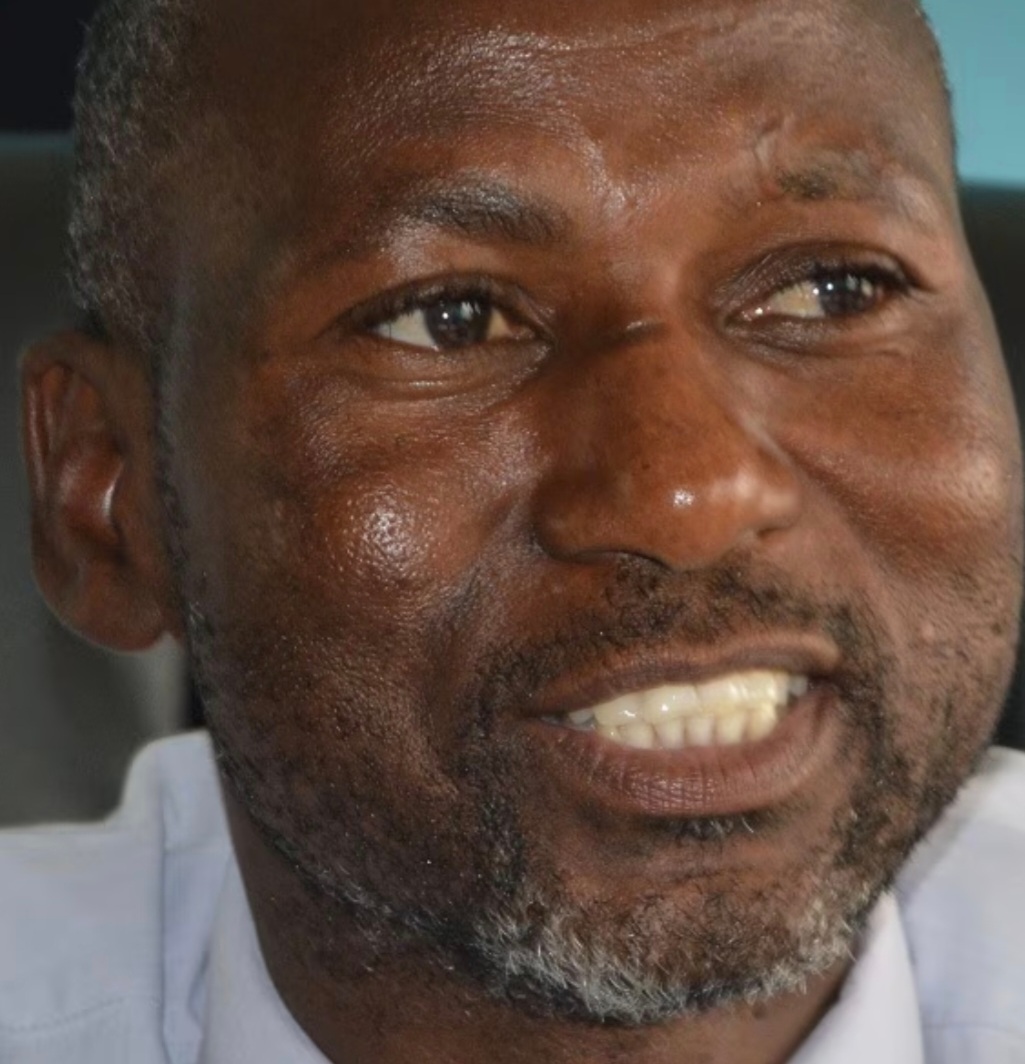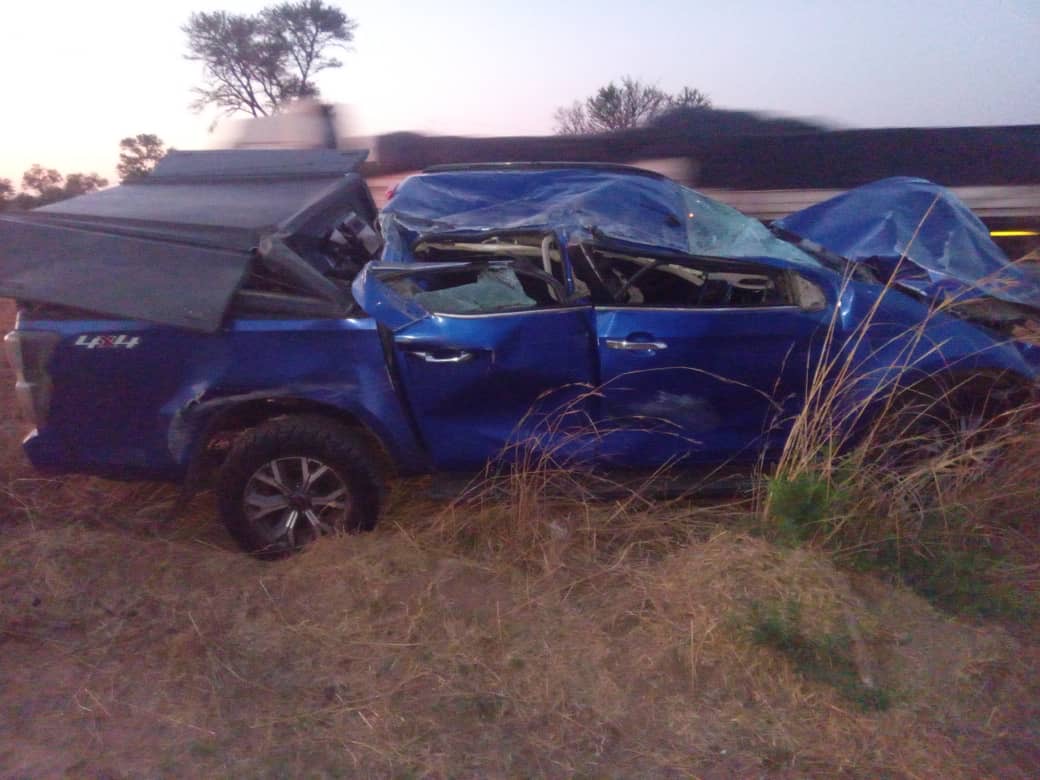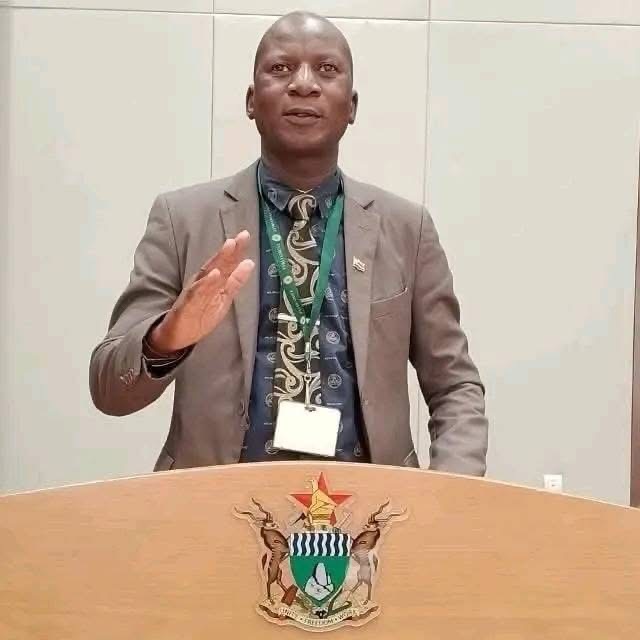BY OWN CORRESPONDENT
Bubi Rural District Council chief executive Patson Mlilo was on Friday announced the Chartered Governance Professional of the Year for 2021.
The announcement was made at the banquet concluding the Chartered Governance and Accountancy Institute in Zimbabwe annual conference in Victoria Falls, at which he was presented with his trophy.
FBC Holdings company secretary Tichaona Mabeza was the runner-up for the award, which is presented annually to the member of the institute judged to have proved an exceptional Chartered Governance Professional.
Previously it was known as the Chartered Secretary of the Year Award.
The citation for the award presented to Mlilo stated that first as head of finance at Bubi Rural District Council and then as the council’s chief executive, Mlilo had expanded the council’s financial base and developed policies that promoted and enhanced development in the district.
He did this partly by tapping unexplored revenue sources, among which were a development levy, small-scale mines, unit tax and natural resources.
He had promoted citizen participation in local governance and decision making and planned through budget consultations.
He categorised licence fees according to areas to make levies and licence fees due to the council affordable for business people, including businesses in remote parts of the district.
He had hired a full complement of heads of departments.
Mlilo also spearheaded the crafting of a manpower development policy that had culminated in almost all the heads of departments attaining Master’s degrees and junior staff becoming holders of first degrees.
He successfully introduced a performance appraisal system throughout the council’s departments and created a client’s charter, website and Facebook account.
He also created an open and transparent tender system through the procurement management unit.
Mlilo strengthened citizen participation in building the council through among other things district development associations in farming, mining and business.
He facilitated the establishment of schools, clinics and a mobile clinic and revived and strengthened development committees in schools and health centres.
He was instrumental in the construction of Bona Clinic using funds from the devolution grant.
He is a keen farmer who contributed to the GDP of Bubi District through his business venture and helped young entrepreneurs to register and formalise their operations., the citation said.
The runner-up citation said Mabeza had remained fully compliant with the rigorous and demanding requirements of the highly regulated financial services sector, enabling FBC to attract international investors and external financiers.
He had overseen the deployment of adequate and regulatory compliant governance structures for newly incorporated strategic business units.
A reinsurance subsidiary had been registered and licensed in Botswana.

 Slider3 years ago
Slider3 years ago
 National4 years ago
National4 years ago
 Tourism and Environment4 years ago
Tourism and Environment4 years ago
 Opinion4 years ago
Opinion4 years ago
 Special reports4 years ago
Special reports4 years ago
 National4 years ago
National4 years ago
 National3 years ago
National3 years ago
 National3 years ago
National3 years ago




